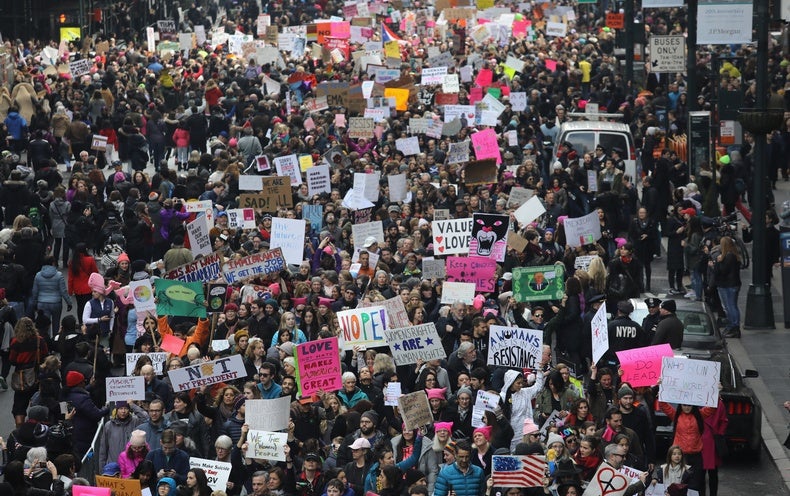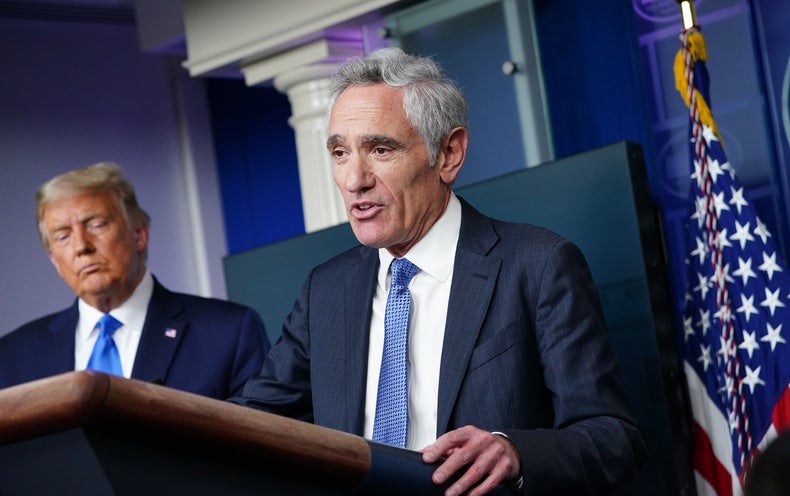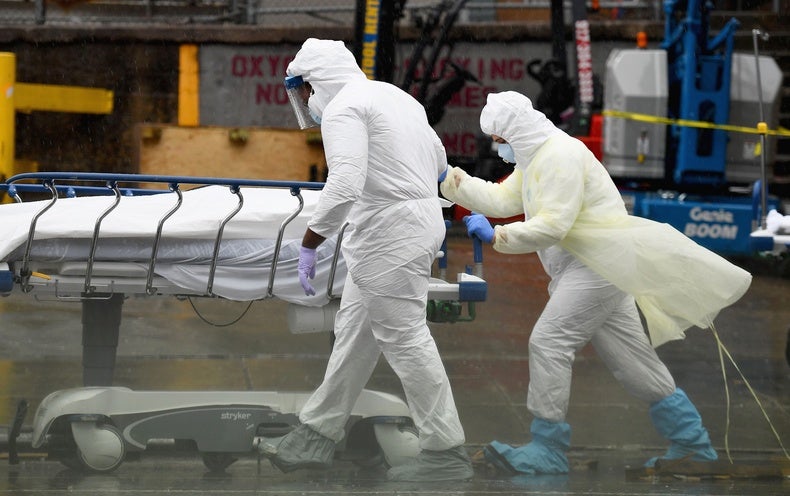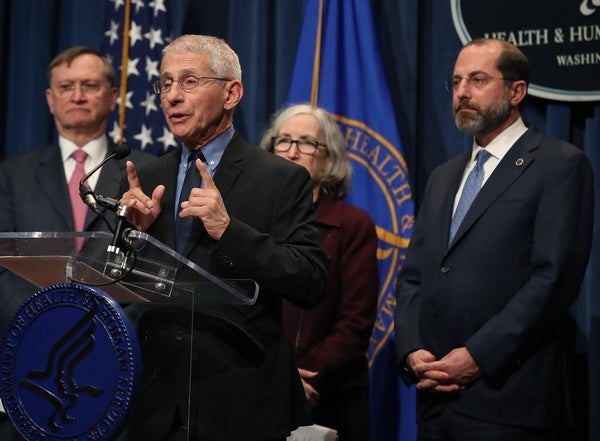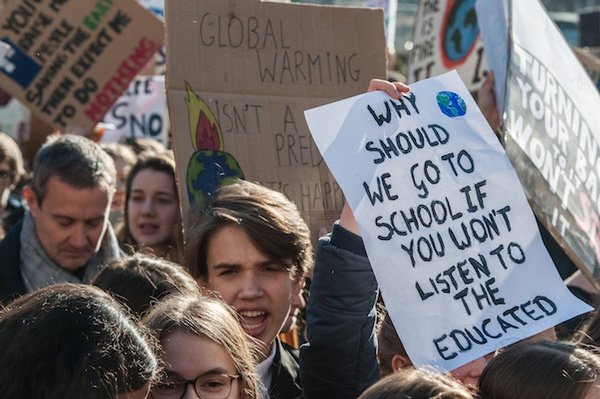Send us a link
We Need More Scientists in the U.S. Diplomatic Corps
Scientists' creativity, entrepreneurialism and grasp of the complexity of the world are crucial attributes.
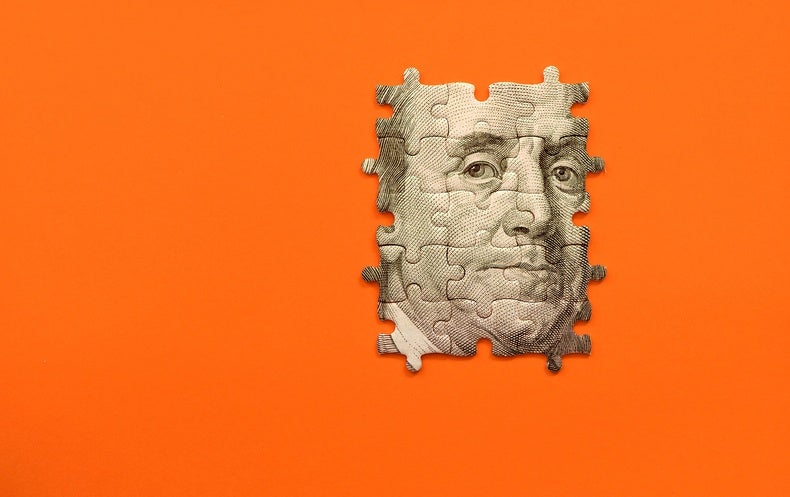
Ten Steps That Can Restore Scientific Integrity in Government
Here’s what the Biden-Harris administration can do to repair the damage Trump has done.
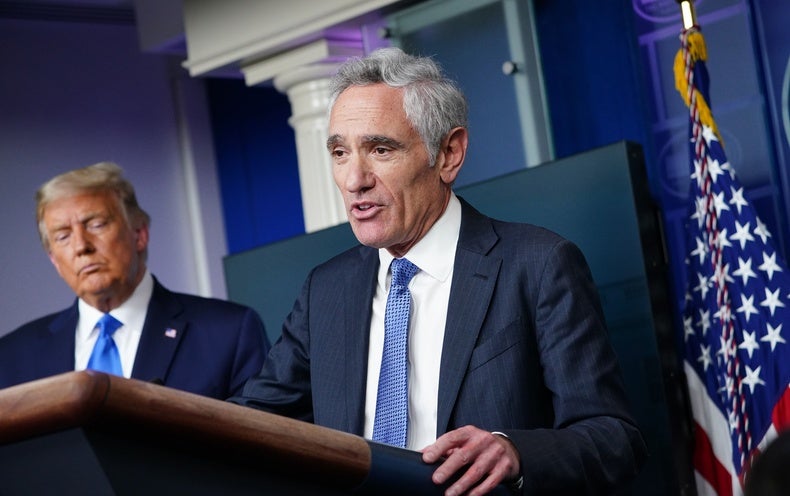
Eight Persistent COVID-19 Myths and Why People Believe Them
From a human-made virus to vaccine conspiracy theories, we rounded up the most insidious false claims about the pandemic
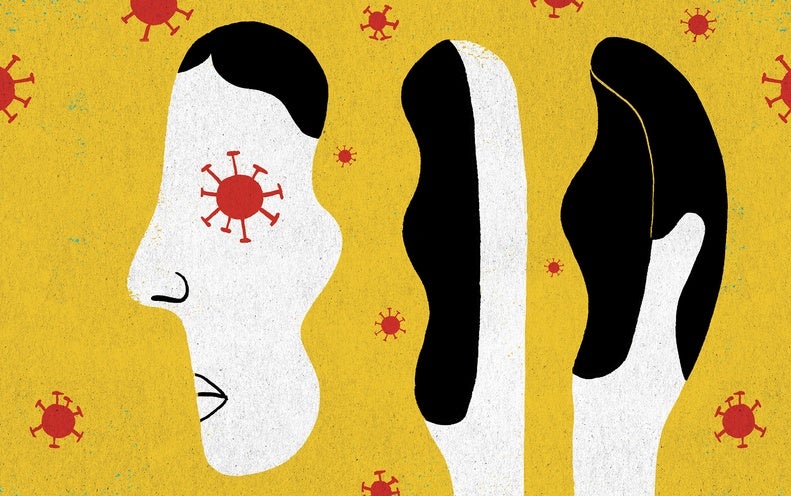
Venus Might Host Life, New Discovery Suggests
The unexpected atmospheric detection of phosphine, a smelly gas made by microbes on Earth, could spark a revolution in astrobiology.

Jeffrey Epstein’s Harvard Connections Show How Money Can Distort Research
Letting the rich pay for science that interests them is a bad idea—even if they aren’t convicted sex offenders.
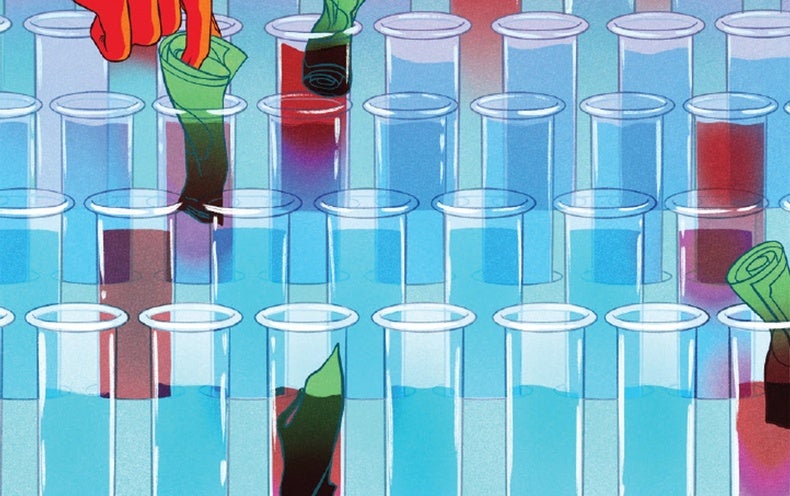
The Language of Science
How the words we use have evolved over the past 175 years.

The Condoms of the Face: Why Some Men Refuse to Wear Masks
It’s not the first time masculine ideology has driven resistance to a public health initiative.

Silence Is Never Neutral; Neither Is Science
Ignoring science's legacy of racism or a wider culture shaped by white supremacy doesn't make scientists "objective".

An Epidemic of False Claims
Competition and conflicts of interest distort too many medical findings

How to Report on the COVID-19 Outbreak Responsibly
The virus doesn’t follow the news and doesn’t care about Twitter. This article proposes that reporting should distinguish between at least three levels of information reliability.

Failure Found to Be an 'Essential Prerequisite' for Success
Scientists use big data to understand what separates winners from losers

We’re Incentivizing Bad Science
Current research trends resemble the early 21st century’s financial bubble. Let’s imagine what might happen if the rules of professional science evolved such that scientists were incentivized to publish as many papers as they could and if those who published many papers of poor scientific rigor were rewarded over those who published fewer papers of higher rigor?
What’s Lost When Research Is Driven Primarily by Funding
Science today is facing what seem to be unrelated crises, issues and problems with the public. We tend to see science in terms of the science of the past, and its great achievements, whereas the way science is done, evaluated and made accountable, no longer fits its historical image.
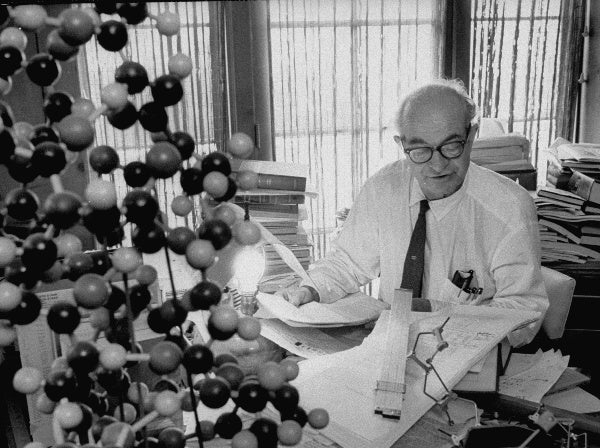
How to Get Better at Embracing Unknowns
Data-visualization techniques can clarify the uncertainty in information or make it more confusing if not implemented well.
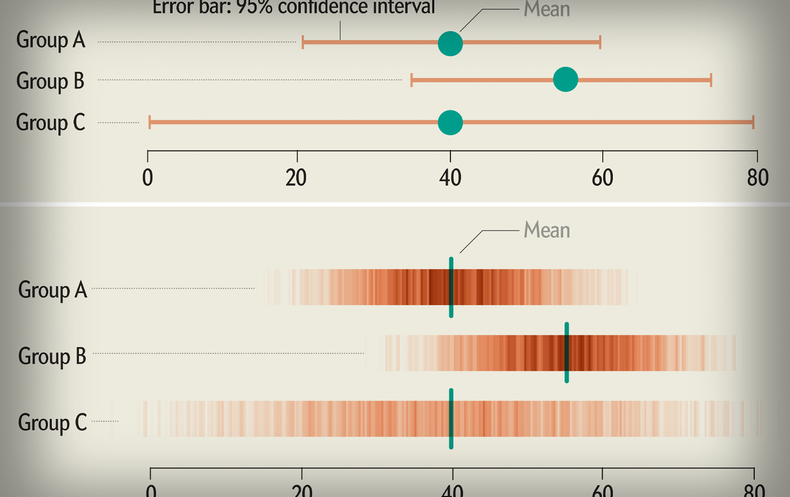
Populist President Sparks Unprecedented Crisis for Brazilian Science
Tensions are rising as Jair Bolsonaro’s administration questions the work of government scientists and institutes debilitating cuts to research funding.

Government Scientists Are Censoring Themselves
It may not make headlines, but there’s a lot of evidence that it’s happening in the chilling environment the Trump administration has created.
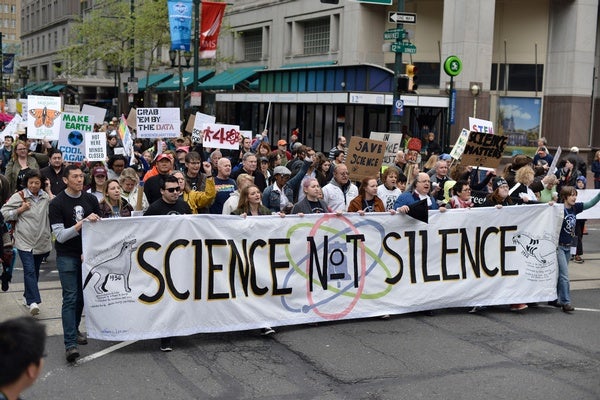
Our Disabilities Have Made Us Better Scientists
But only because we have had access to health care, emotional support and institutional backing.
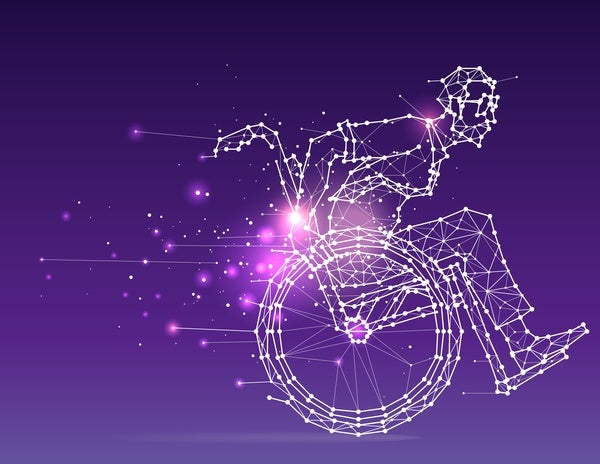
Scientific Research Shouldn't Sit Behind a Paywall
The public pays taxes to support research; they should be able to access the results

How to Reverse the Assault on Science
We need to let non-scientists know that science isn't based on "proof," but rather on the practice of testing and checking one another's work.
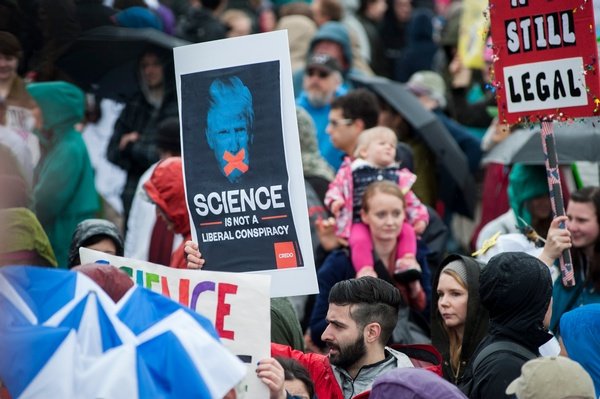
The Emotional Toll of Graduate School
Mental health disorders and depression are far more likely for grad students than they are for the average American.

An Open Letter to U.S. Scientist Legislators
You can restore credibility to Congress and lead on issues from opioid addiction to clean water

